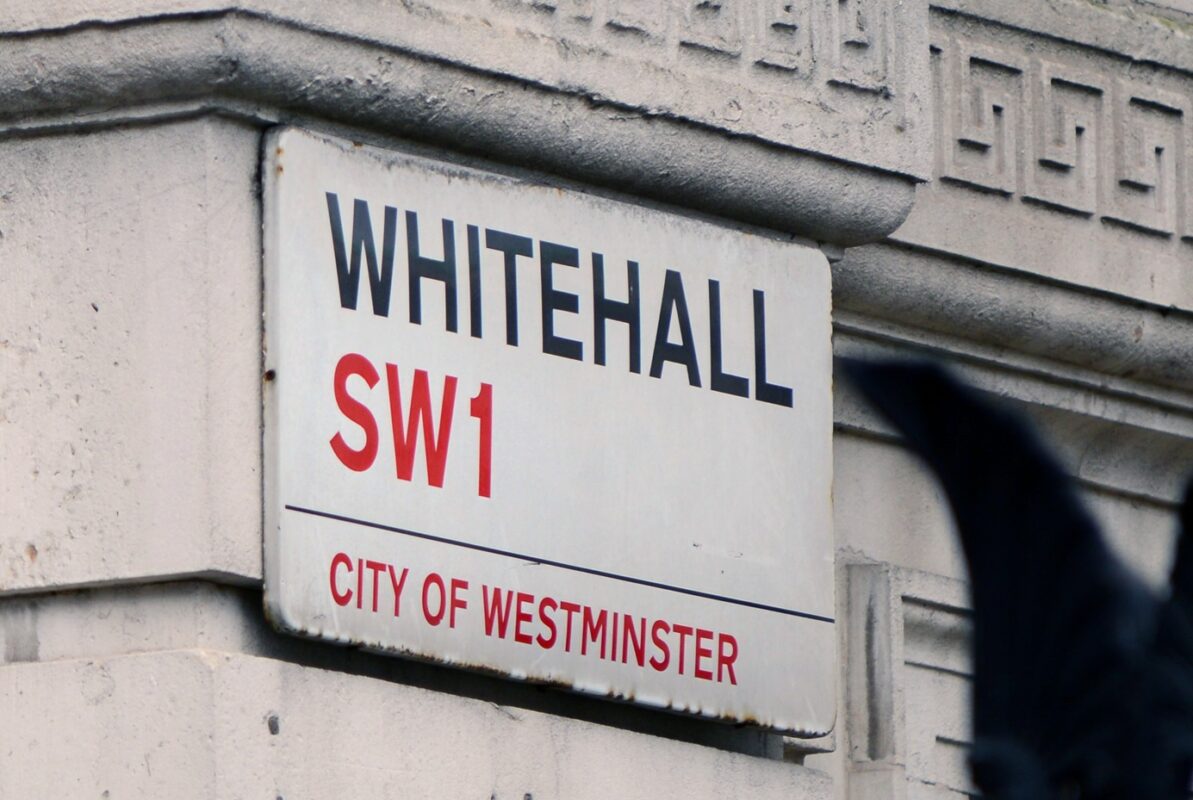
The Department for Business, Energy and Industrial Strategy (BEIS) has defended the government’s record of managing the Levy Control Framework (LCF) and said it expects to publish its eagerly anticipated carbon plan in February next year.
Earlier today the National Audit Office published its report on the LCF and the government’s management of it, identifying a string of failures that it said ultimately resulted in an overspend within the budget which proved to be the catalyst for a raft of subsidy cuts impacting the UK solar sector.
The report also revealed that higher than expected deployment of solar – often used by the government as a reason for subsidy rollbacks – was responsible for just £130 million of the £2 billion overspend and the Solar Trade Association has today heaped pressure on BEIS to address the LCF’s apparent failings.
“The unexpected growth in solar power was repeatedly fingered as a key reason for the overspend on renewables. In fact NAO analysis shows solar accounts for only 6% of the overspend – but solar has borne the brunt of corrective measures. That's a great shame when the technology has become so popular and is now so affordable. We hope the new department will take stock of the low cost impact of solar and act to restore confidence to the sector,” STA chief executive Paul Barwell said.
But BEIS has defended the government’s handling of the LCF, insisting that measures had been taken to improve its modelling and forecasting – as suggested in the NAO’s report – pointing in particular to the way in which cuts have shaved circa £500 million off the overspend.
“Our top priority is ensuring that families and businesses have a secure, affordable, clean energy supply. Our actions have reduced projected costs on the Levy Control Framework by around £520m, and we continue to make further improvements to deliver value for money for consumers,” a BEIS spokesperson said.
BEIS is to also consider the NAO’s reports recommendations and provider a fuller response at a later date.
Meanwhile the department has also offered the most concrete date yet as to when the industry can expect to see its upcoming carbon reduction plan, which will outline how the government expects to meet the Fifth Carbon Budget.
The BEIS select committee met for the first time this morning and Alex Chisholm, permanent secretary at BEIS and former DECC permanent secretary, revealed that the carbon reduction plan is “expected” to be published before the end of February next year.
.@beisgovuk PermSec Alex Chisholm expects Emissions Reduction Plan to be published by end of Feb 2017 @CommonsBEIS #ERP #climate
— Aldersgate Group (@AldersgateGrp) October 18, 2016
While the plan was due to be published before parliament rises for its final recess of 2016 on 20 December, the result of the Brexit referendum has significantly delayed pending legislation, causing various works to be pushed back.

